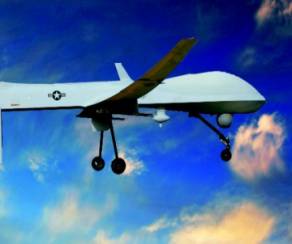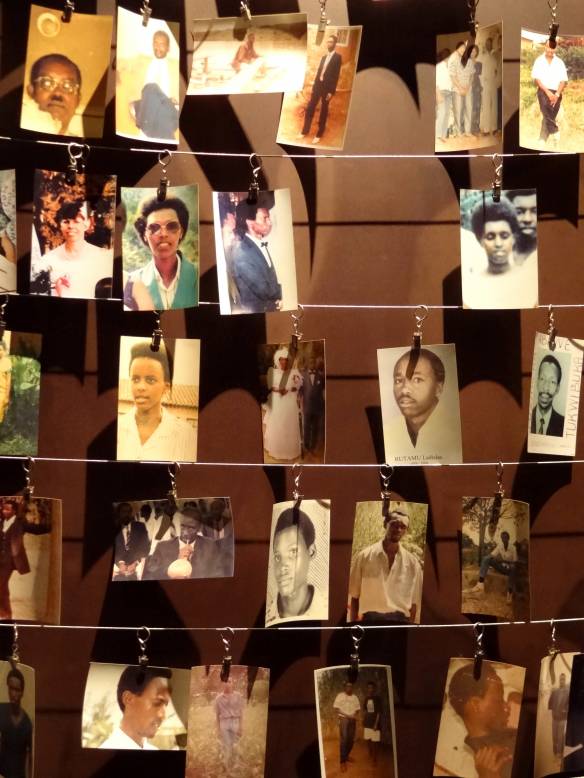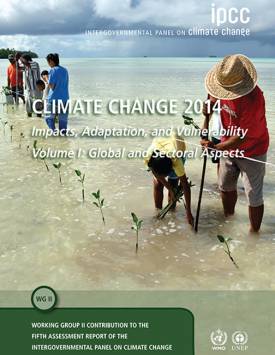
Original photo source: E&T
On May 13-16 a United Nations (UN) expert meeting will discuss ‘questions relating to emerging technologies’ in lethal autonomous weapon systems. Such systems are distinguished by being mobile and selecting targets autonomously without direct human supervision. This type of expert meeting represents the lowest rung of the UN ladder. The Chair of the meeting will simply write up a report to be presented later in 2014 to the annual discussions by States on the Convention on Certain Conventional Weapons. But the expert meeting in May could be the start of a process which might see the development of new national and international law to regulate or prohibit the use of artificial intelligence without human supervision in weapon systems. Read More



